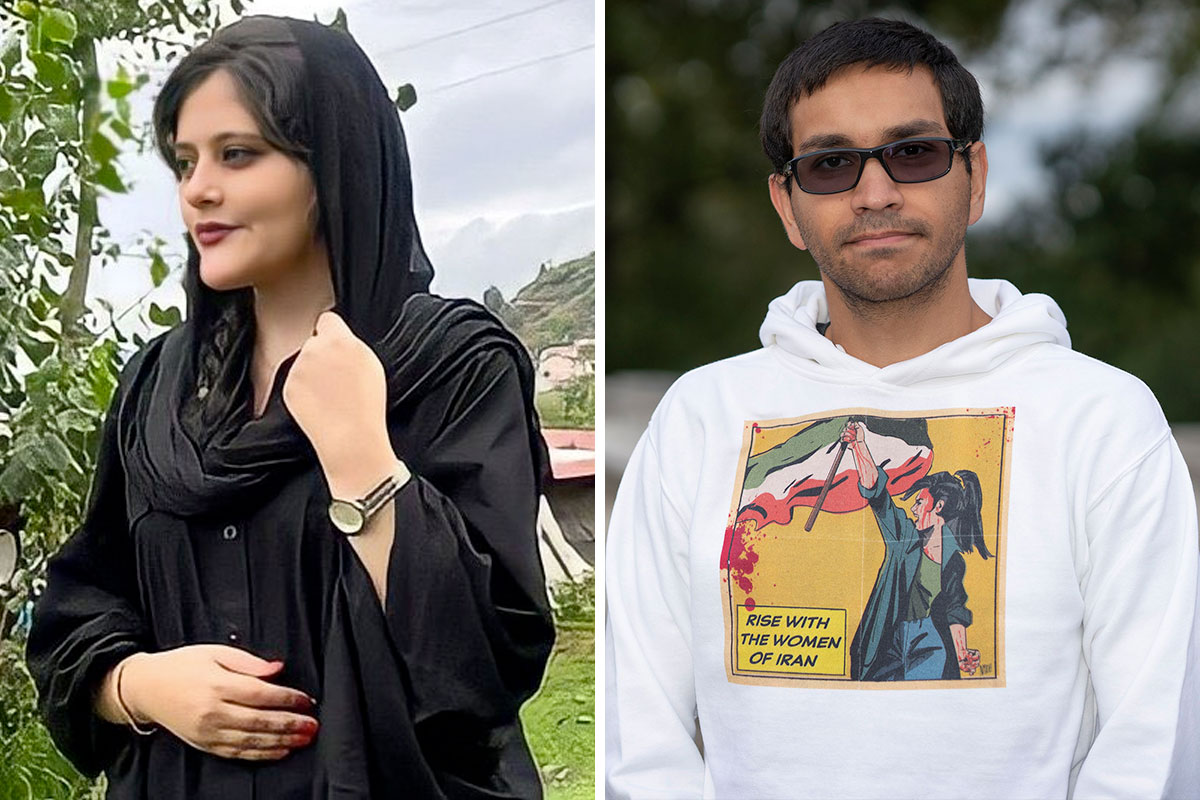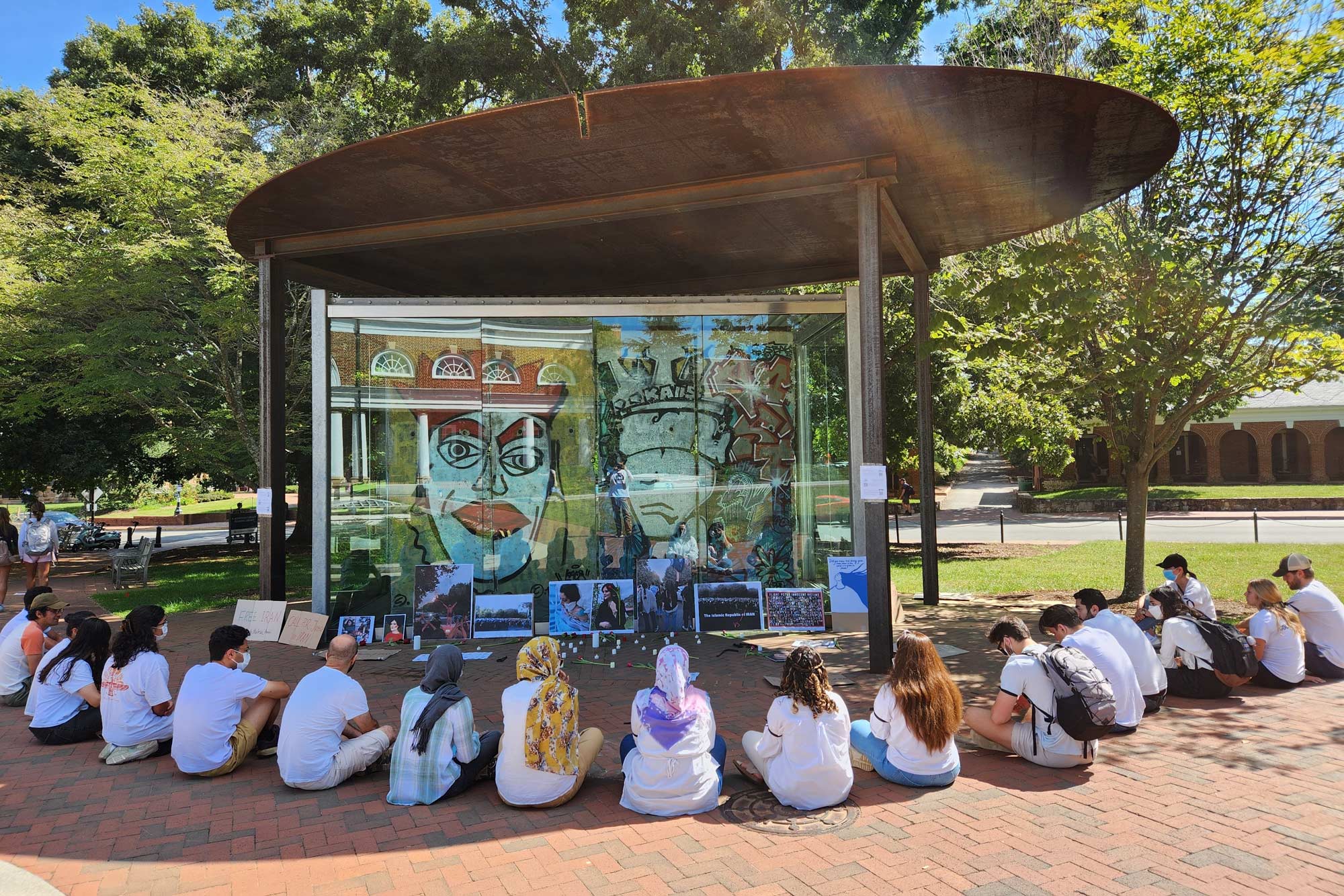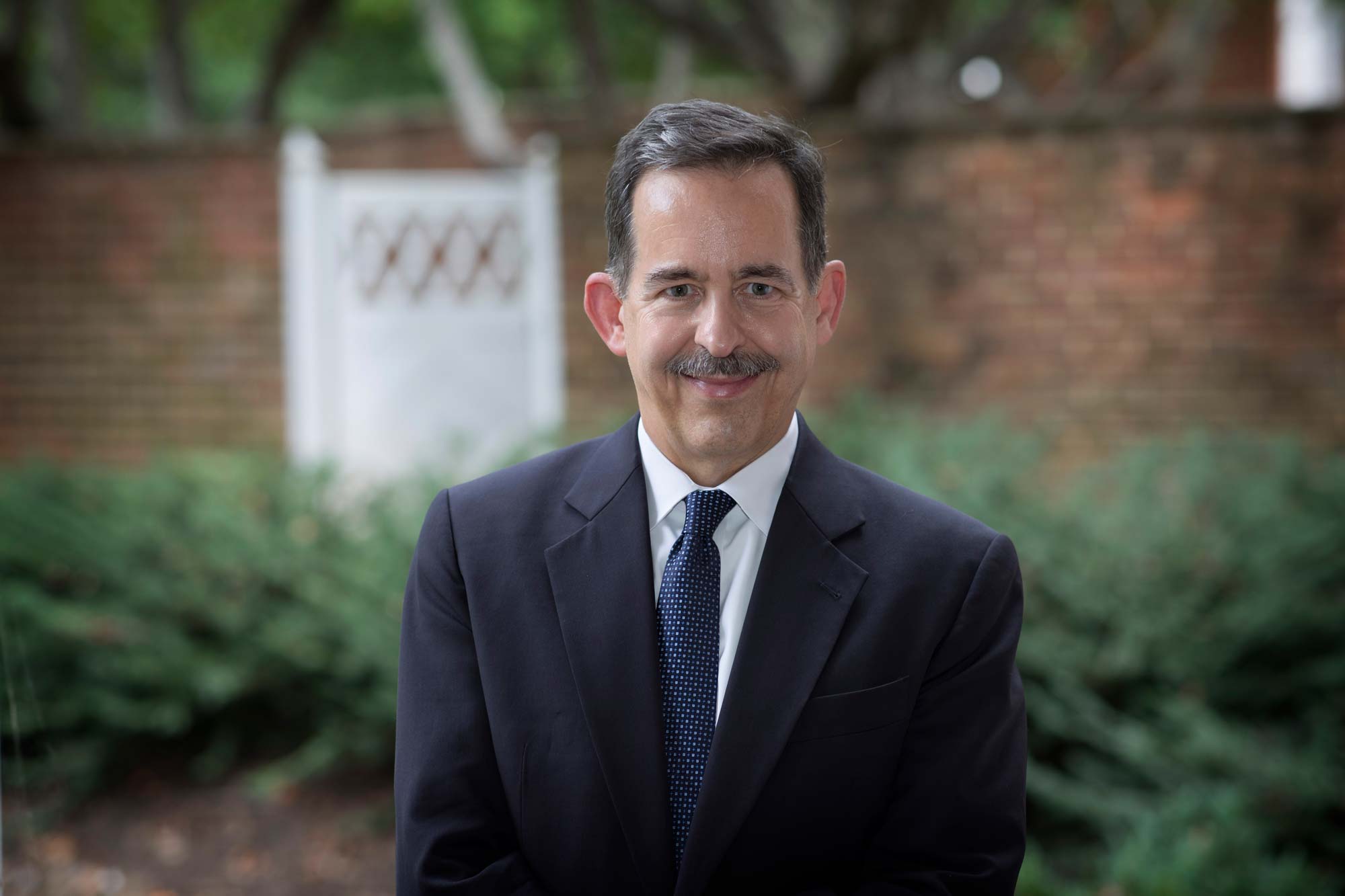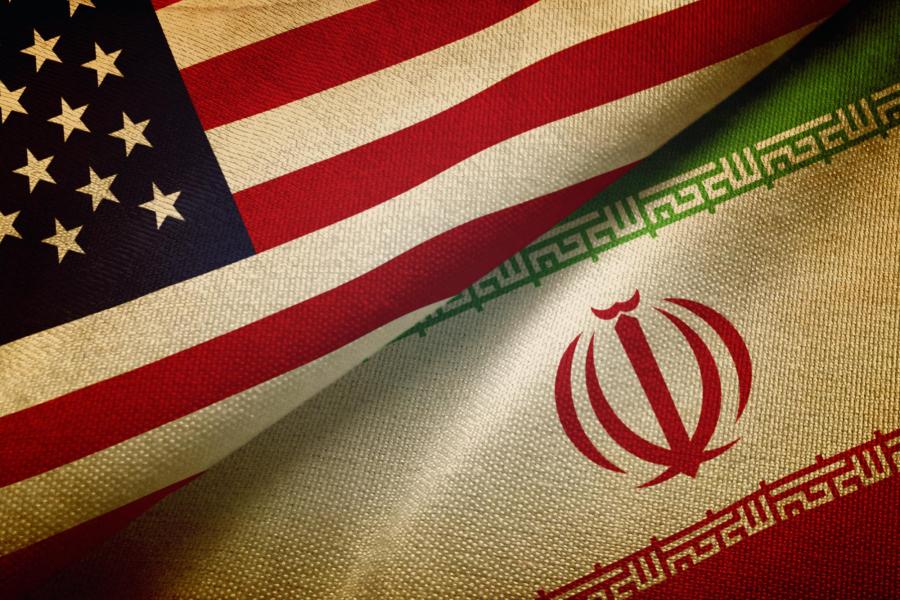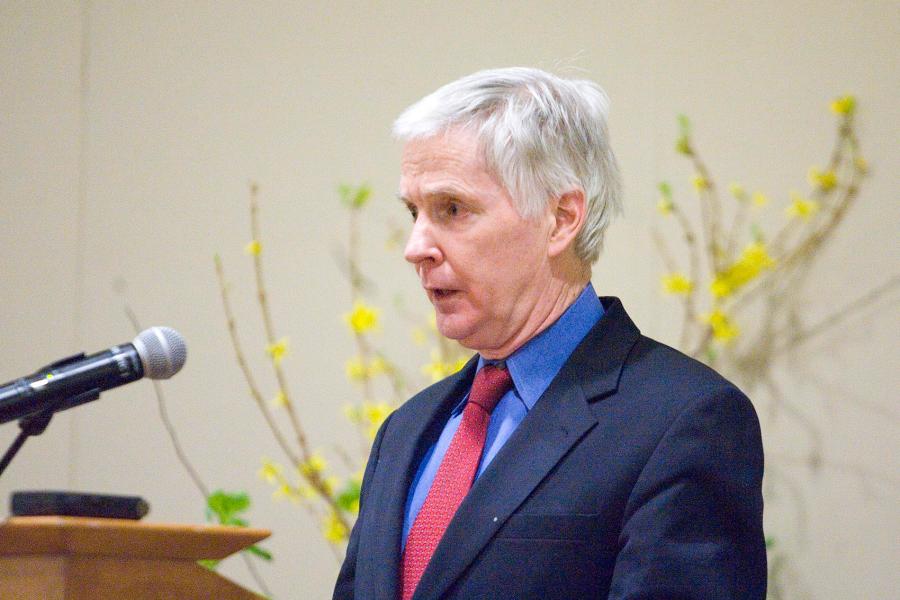Conflict in Context
“For many years, there has been steadily increasing resentment among Iranian women and their allies over the Islamic Republic’s frequently capricious and occasionally brutal treatment of women, including arrests of women on the street by morality police for what they consider immodest appearance,” Mull said.
He would know. The Iran expert led the United States’ implementation of the Iran nuclear deal from 2015 to 2017, and before that was President Obama’s senior adviser to the undersecretary for political affairs in managing U.S. diplomatic engagement with Iran.
He said the death of Amini “was a particularly egregious example of overreach that sparked a critical mass of protest in more than 80 cities across the country.”
Mull said the broader political context of the current protests is an important factor. “Current President Ebrahim Raisi, infamous for the execution of thousands of political opponents as a prosecutor in Tehran in the 1980s, won the presidency in 2021 with the strong support of Iran’s Supreme Leader Ayatollah Ali Khamenei in a tightly controlled election that featured the lowest turnout in the history of the Islamic Republic,” he said.
Since coming to power, Raisi “has moved to reverse some of the reformist tendencies of his predecessor Hassan Rouhani and adopted a more authoritarian style of government,” Mull said.
This has further empowered the morality police at home and the Iranian Revolutionary Guard overseas in its support of proxy forces across the region, from Yemen through Lebanon and Syria.
“Growing public dissatisfaction with Iran’s rapidly deteriorating economy, as a result of sweeping U.S. sanctions combined with mounting corruption, and increasing repression produces a fairly toxic mix that contributes to this much broader scale of protest,” Mull said. “Supreme Leader Khamenei’s recent hospitalization for a reportedly serious illness has increased the temperature even further, as the country’s security forces and advocates for greater liberalization become jittery and more aggressive over the prospect of a transition at the top.”
Best vs. Worst Case Outcomes
“The best case would be an immediate and peaceful end to the repression and a decision to hold the morality police accountable for Amini’s death, while signaling greater liberalization,” Mull said. “But I am not optimistic such an outcome is in the cards.”
The vice provost, who also served as the U.S. ambassador to Poland from 2012 to 2015, said “history is too full of examples of authoritarian regimes like Iran’s moving to become even more authoritarian when under threat, and there is nothing in Khamenei’s or Raisi’s background to suggest any interest in liberalization.”
He said the worst-case scenario “features even bloodier repression and, at least in the short term, strengthening of security forces in running Iran. But this, too, has substantial risks, as we saw in the 1970s when the shah’s steadily tightening repression in the end resulted in his violent overthrow in 1979.”
Challenges to the United States
Mull said the U.S. government faces a “significant challenge” in addressing the crisis.
Khamenei regularly blames the United States and Israel for protests in the country and did so again earlier this month, saying, “These riots and insecurities have been engineered by the U.S. and the fake Zionist regime while those on their payrolls and some expatriate Iranian traitors helped them.”
Mull said, “While the Biden administration and Americans in general strongly support the efforts of Iranians to liberalize and democratize their society, there is also a risk in feeding the Iranian government’s propaganda that the U.S. and other Western powers are behind the protests.”
“That risk led the Obama administration to adopt a much more cautious line in response to the last great wave of protests in Iran in 2009,” he pointed out. “This time, the Biden administration has not been afraid to take a more pronounced stand in support of Iranian democrats, including by loosening sanctions to allow American tech companies to provide internet connectivity to the Iranian protestors.”
